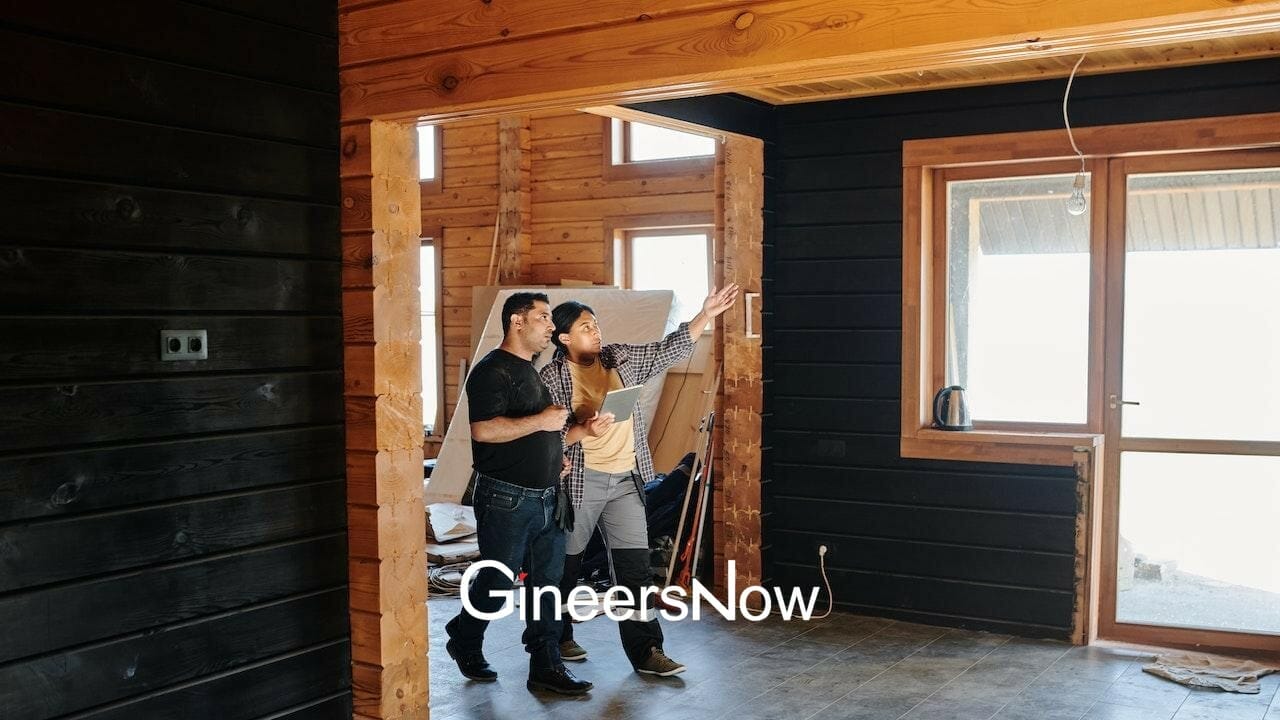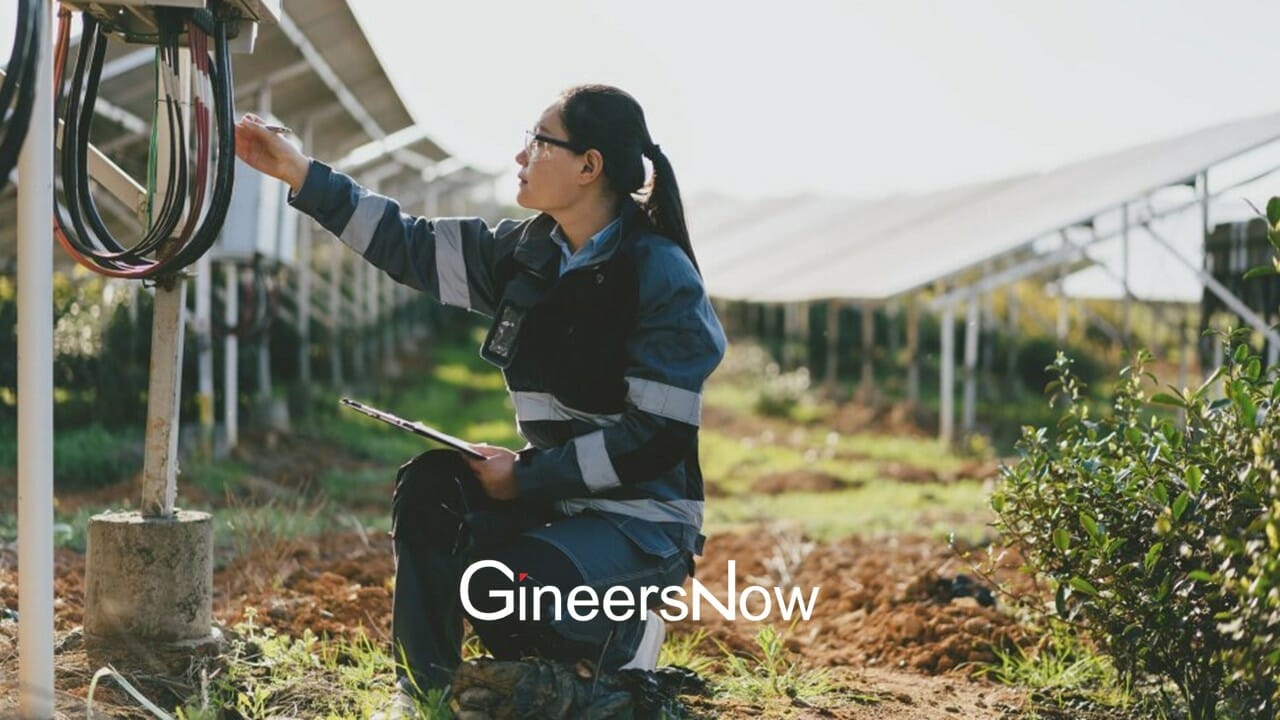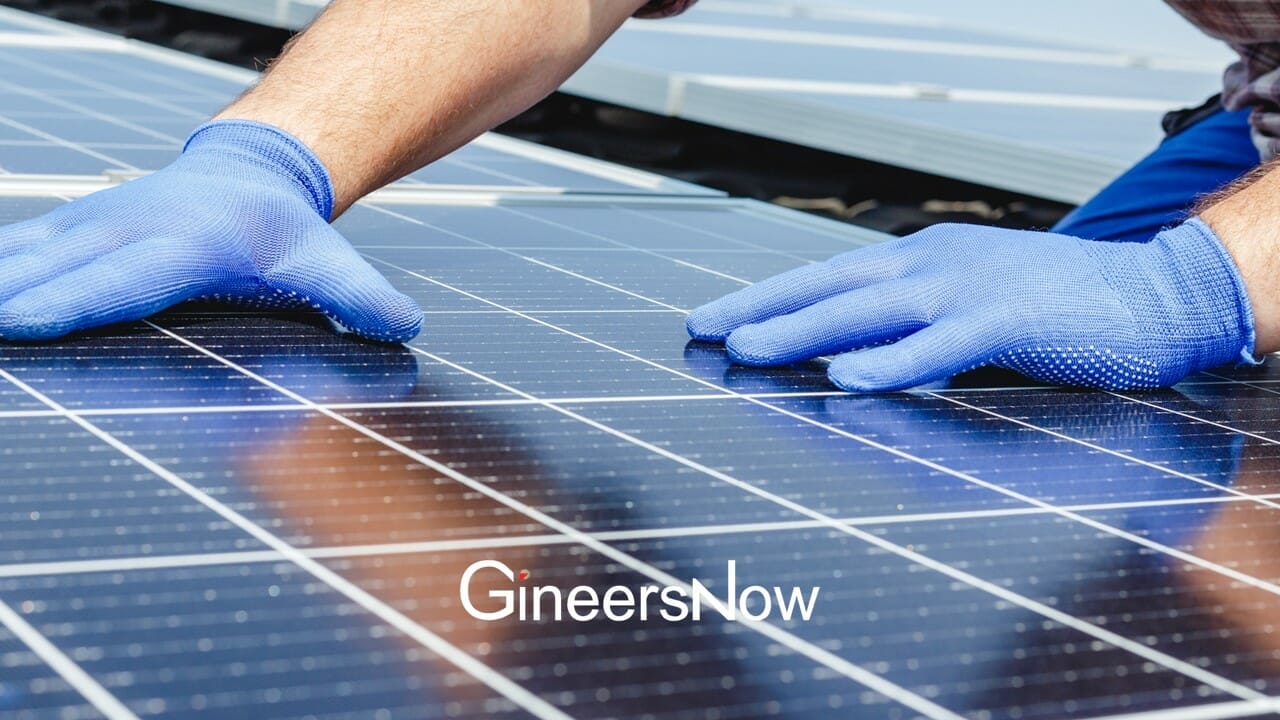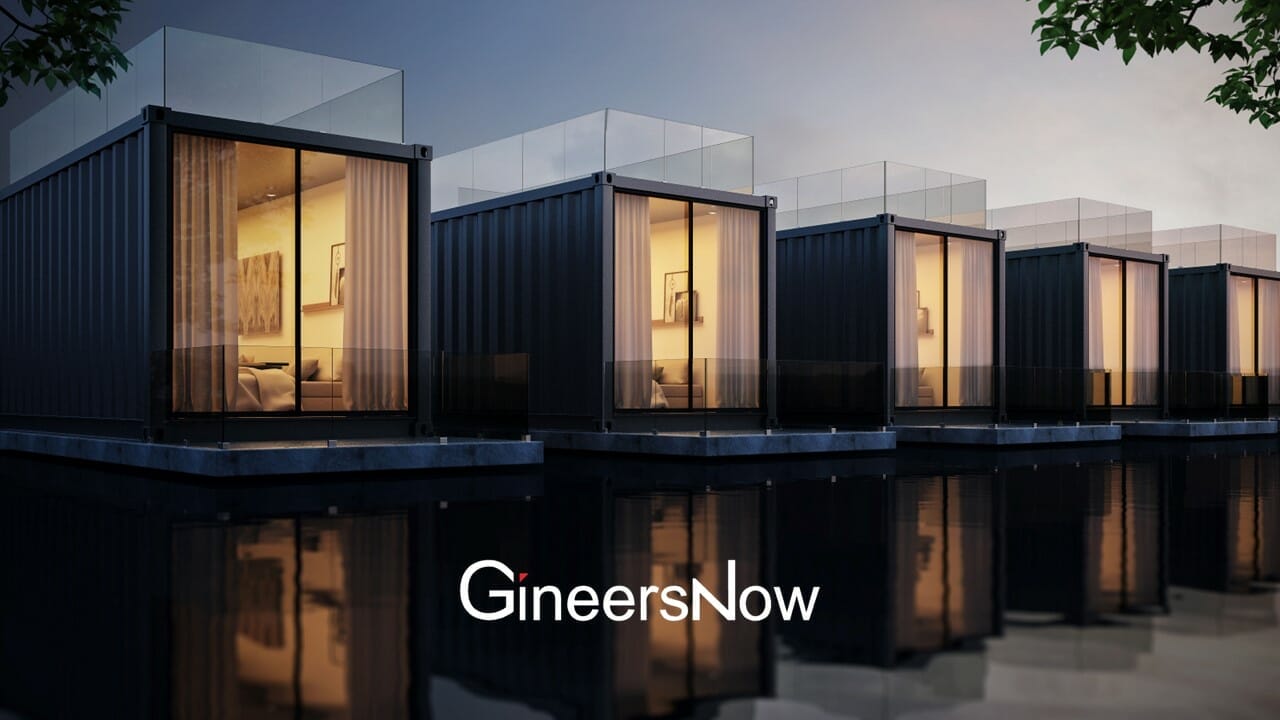The UAE has the world’s seventh largest reserves of oil and gas, and even so, is planning for a future beyond oil. The recently announced UAE 2050 strategy adopts 50% of the sources of power generation as green sources. This new energy strategy is set to save up to AED700 billion by 2050, according to Suhail bin Mohammed Faraj Faris Al Mazrouei, Minister of Energy.
The country is investing in some of the world’s largest solar power plants, and is at the forefront of innovation in technologies such as high-efficiency solar-powered desalination.
As the hosts of the International Renewable Energy Agency, the UAE is promoting best practice in policy, technology and financing of renewable energy around the world.

A prominent and iconic project taking shape to fulfil the UAE’s renewable vision is the Mohammed bin Rashid Solar Park in Dubai. The MBR Solar Park is the largest single-site solar park in the world based on the IPP model, and is instrumental to the Dubai Clean Energy Strategy 2050. The solar park’s production capacity will reach 5,000 MW by 2030 with investments totaling Dh50 billion ($13.6 billion). It will eventually save over 6.5 million tons of carbon emissions every year, supporting Dubai’s objectives to promote its sustainable goals.
ABB has successfully energized a major substation that will help evacuate power from the Solar Park. The 400/132 kilovolt (kV) gas-insulated switchgear (GIS) substation has been built for Dubai Electricity & Water Authority (DEWA), to connect the second phase of the MBR Solar Park and integrate 200 megawatts (MW) of electricity to the transmission grid. The utility scale solar photovoltaic plant, which covers 4.5 square kilometers, will produce enough electricity to serve more than 130,000 people. ABB shares DEWA’s vision to build a future that’s smart, clean and sustainable. The company spends about $1.5 billion annually on research and development to ensure that the technology and its expertise remain at the forefront.
The increasing demand for power sources that emit less carbon and are more sustainable is driving utility-scale solar power generation growth at an unprecedented rate. However, the electrical grid was designed to deliver a planned and stable supply of power from centrally located power sources, via the transmission and distribution lines, to end users.

ABB engineers plan and constantly recalibrate the grid to ensure that power is available where it is needed at the precise moment it is needed. Adding energy sources that are variable, intermittent and distributed throughout the transmission and distribution network requires significant additional control and precision to make sure demand and supply are aligned.
At ABB’s Al Quoz facility, a 315 Kw solar power plant has been installed. The energy produced at the plant supplies ABB offices with electricity and transfers surplus energy into DEWA’s network. This supports the Shams Dubai initiative, which was launched by DEWA and allows customers to install photovoltaic panels on their rooftops to generate electricity from solar power, and connect the systems to DEWA’s grid, creating, producing and using energy.
“We are happy to hear that Dubai is installing 100 electric vehicle charging stations across the city and also building a new DEWA headquarters, which promises to be an energy efficient prototype for smart buildings.
We, at ABB, share your vision to build a future that’s smart, clean and sustainable. We are proud to partner and deliver to some of the largest solar projects across the world,” said Mostafa AlGuezeri, Managing Director, ABB, UAE and Gulf Countries.
Supporting Dubai’s vision of building a world-class smart city, the Sustainable City is becoming the first fully integrated community powered completely by solar energy. To help achieve this milestone, the development will rely on 400 ABB string inverters to harness the power of the sun for the residents.
Conceived and built by Dubai-based Diamond Developers, the Sustainable City is the new home to some 2,000 people in an area of nearly 500,000 square meters. When at full capacity, it will eventually generate 10 megawatt-peak (MWp) of power from solar panels on private and public buildings within the city. As well as solar powered homes, the Sustainable City features solar powered chargers for electric cars; a hotel powered 100 percent by solar energy and the Diamond Innovation Centre, the first educational institute to use net zero energy over its lifetime.
Working closely with the developers to design the solar power system for the villas, ABB supplied a string inverter demonstration unit at the start of the project to prove it could cope with the high outdoor temperatures experienced in Dubai. Models supplied under the contract were the PVI 5000, PVI 12.5, TRIO 7.5 and TRIO 8.5. ABB also supplied inverters for a 1.4 megawatt (MW) parking lot solar roof project. This will charge the electric cars, which will only power vehicles allowed within the city limits

Iconic renewable projects
ABB has been established in the Middle East since 1926 and has the honor of being associated with landmark projects like the Burj Khalifa, Yas Viceroy , Dubai Metro – to name a few; ABB has been playing a vital role in bringing clean power across the globe for over 100 years.
Some recent projects for the company include powering the world’s largest floating solar photovoltaic test bed in Singapore.
Land scarcity has severely limited Singapore’s adoption of solar power. Floating panels could be eleven percent more efficient than solar panels placed on precious land. Pioneering technology leader ABB is providing critical components on a landmark one megawatt floating solar photovoltaic test-bed. It measures 1 hectare or 1.5 football fields. The energy generated will be fed into the national energy grid, providing electricity for up to 250 households.
ABB has also recently commissioned and handed over the DolWin2 offshore wind transmission link to the Dutch-German transmission system operator TenneT.
DolWin2 is the third offshore wind connection project that ABB has executed for TenneT in Germany’s North Sea, following BorWin1 and DolWin1. The high voltage direct current (HVDC) link connects offshore wind farms to the mainland grid, and has the capacity to supply more than a million households with renewable energy. DolWin2 supports Germany’s “Energiewende” roadmap, which aims to generate more than 6.5 gigawatts (GW) of offshore wind power by 2020, and 15 GW by 2030.
“As a pioneering technology leader in electrification products, robotics and motion, industrial automation and power grids, ABB today is writing the future of industrial digitalization and driving the Energy and Fourth Industrial Revolutions,” adds AlGuezeri. “We are proud of our projects across the globe and in the region and are committed to continue supporting utility providers like DEWA in bringing world class technology to smart cities like Dubai,” he said.
ABB operates in more than 100 countries with about 132,000 employees. www.abb.com












